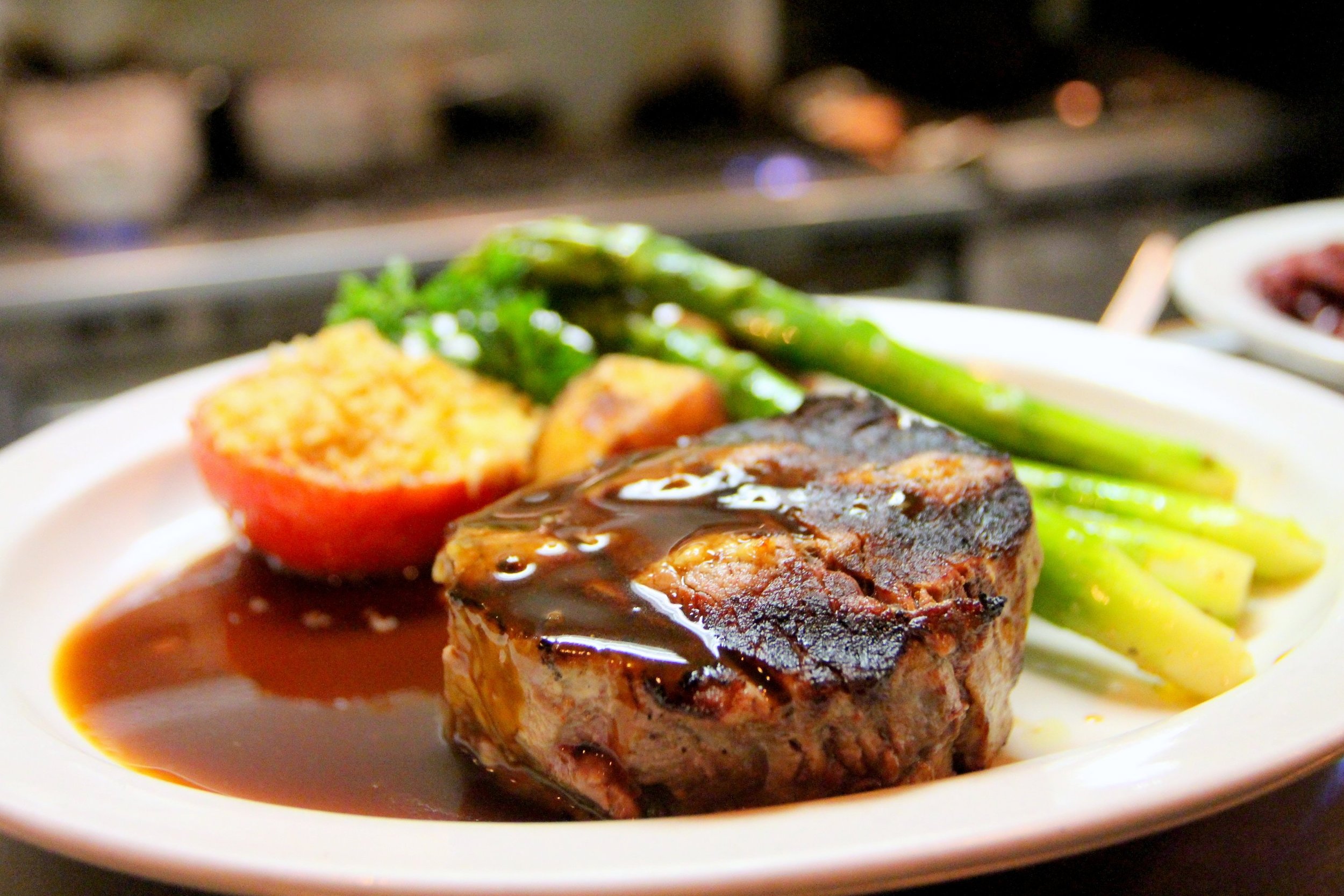We are often asked when is the best time to eat following a workout. Meal timing is an important strategy to take advantage of the “anabolic window” for enhancing muscular adaptations. A common strategy involves consuming protein less than an hour after exercise to increase hypertrophic muscular gains. Past literature has suggested Muscular Protein Synthesis (MPS) is increased 3-fold in those who immediately consume protein after a workout. However, these studies primarily followed those undergoing aerobic and long duration cardiovascular exercise suggesting increased cellular aerbobic activity versus resistance training adaptations.
There are inconsistencies in the literature with nutrient timing within the resistance training population. Some studies claim increased MPS with pre-workout protein consumption while others claim increased MPS during a fasted state pre workout state. A recent article in the Journal of Orthopedic and Sports Physical Therapy concluded the “anabolic window” is short and less important than the day’s total nutrition. Specifically, total daily protein (1.6-2.2 g/kg of bodyweight per day) intake has been shown to be most important. For those with the goal of increasing cross-sectional area of skeletal muscle (hypertrophy), the window of consuming protein is dependent on when nutrients were consumed before the training bout.
In short, the anabolic effects of a meal last 6 hours. Thus, eating 3-4 hours before exercise reduces the importance of immediate post workout nutrient consumption. If you train in a fasted or partially fasted state, immediate intake of protein is suggested to elicit anabolism. The author suggested the most prudent protocol would include protein consumption (.4-.5 g/kg body weight) pre and post workout within 4-6 hours of each other.

